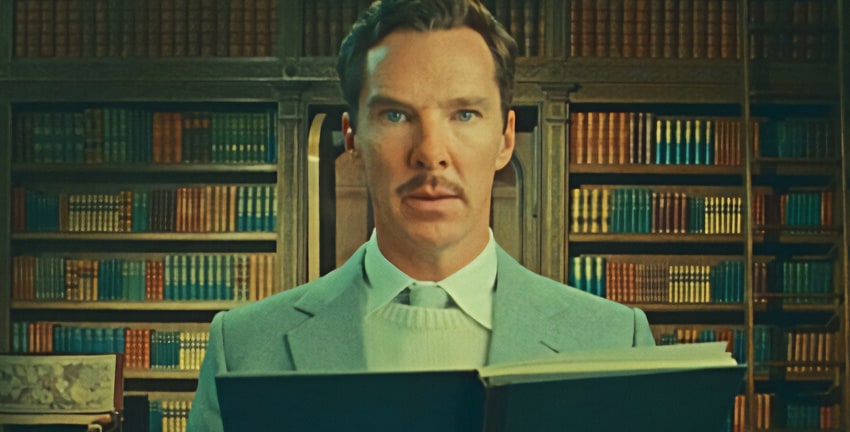Wes Anderson teases his other Roald Dahl short films which will be released on Netflix after The Wonderful Story of Henry Sugar.

Wes Anderson has returned to the world of Roald Dahl with The Wonderful Story of Henry Sugar, a short film set to debut on Netflix later this month, but it isn’t the only short based on Dahl’s stories that Anderson has on his slate.
The Wonderful Story of Henry Sugar stars Benedict Cumberbatch as a rich man who learns about a guru who can see without using his eyes and then sets out to master the skill in order to cheat at gambling. The film recently had its world premiere at the Venice Film Festival and will debut on Netflix on September 27th. It will be followed by adaptations of The Swan, The Rat Catcher, and Poison on September 28th, 29th, and 30th, respectively. Wes Anderson gave a rundown of the shorts while speaking with Deadline.
“Well, there’s one where Ralph Fiennes plays a rodent exterminator,” Anderson said. “It’s a story called The Rat Catcher that Dahl wrote, I think, in the ’50s. That’s got Richard Ayoade, and it’s got Rupert Friend. Just a little group. It’s probably 13 minutes, or something like that. Henry Sugar is the longest one [of the project]. Significantly longer. It’s more than twice as long as any of the others. Then we also have one called Poison. That’s an old Dahl story. Maybe from the early ’40s, or mid-’40s, I guess. For that one, we’ve got Benedict Cumberbatch again, we’ve got Ben Kingsley again, and we’ve got Dev Patel again. So that’s a completely different group from The Rat Catcher. And we’ve also done The Swan, which is from The Wonderful Story of Henry Sugar and Six More. That’s essentially just Rupert Friend, who was great by himself. And that’s quite a short one as well.”
Wes Anderson has long wanted to develop an adaptation of The Wonderful Story of Henry Sugar but couldn’t figure out a way to make it work. “I just couldn’t figure out how to adapt,” Anderson said. “I just didn’t see a way to do it. And then it was the idea of using his description of it, really, that appealed to me. I thought, “Well, that would be fun to do. I could see a way to do that.” Because I realized that much of what I’d always loved about the story was simply his voice throughout it, and I said, “Well, there’s one way to keep his voice — just use it.” And so that’s what we did.” We’ve seen plenty of movies expand short stories to feature-length over the years, and it doesn’t always work out, so it’s refreshing that Anderson didn’t force Henry Sugar to go longer than it needed.

